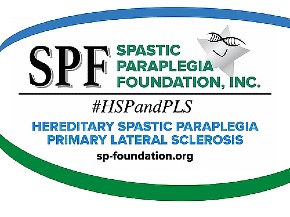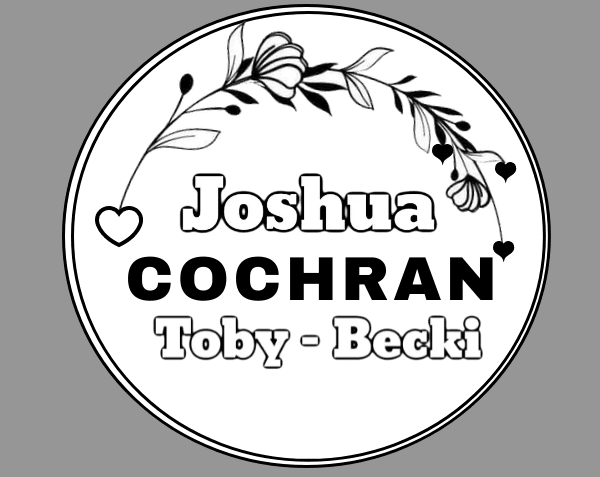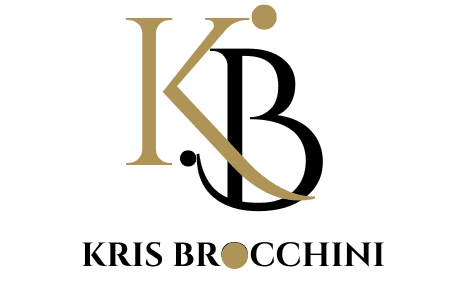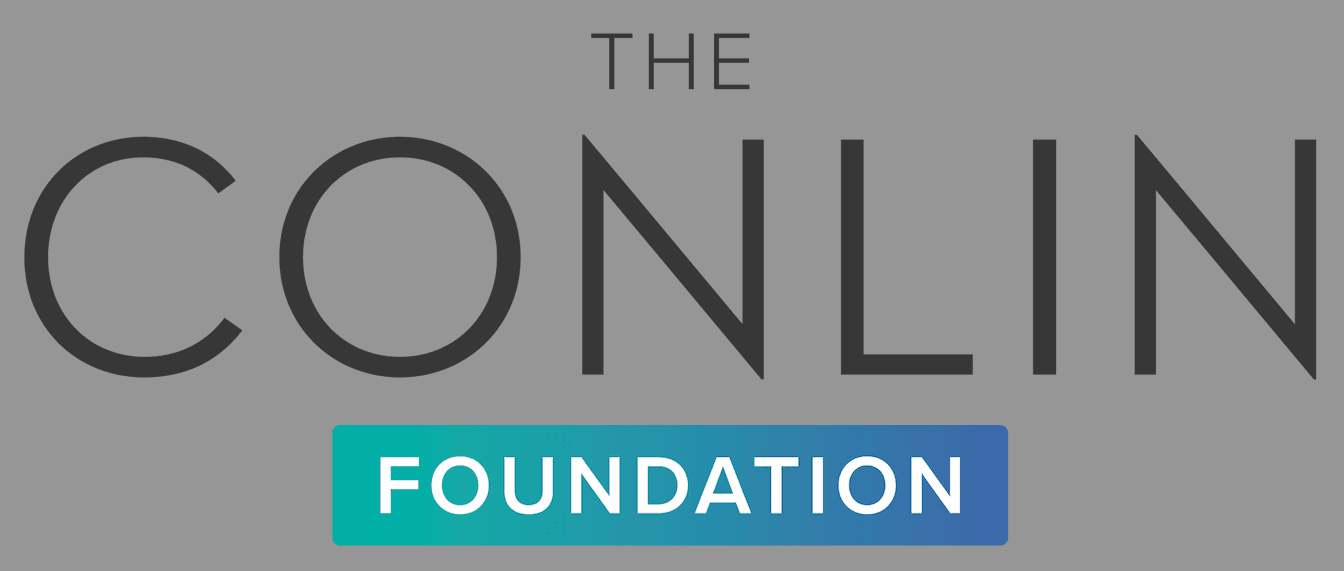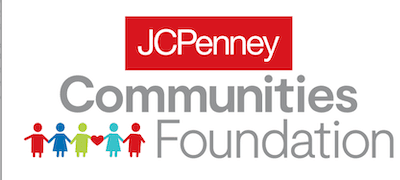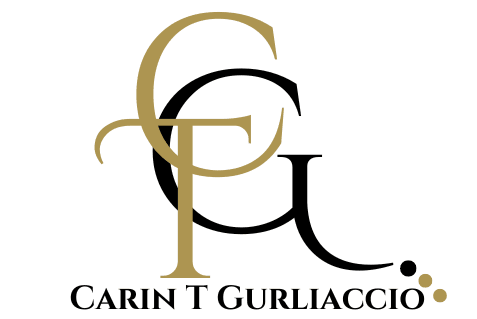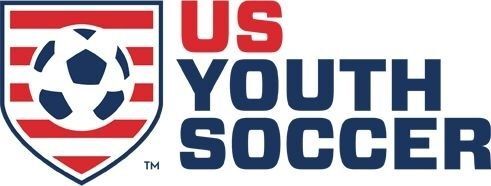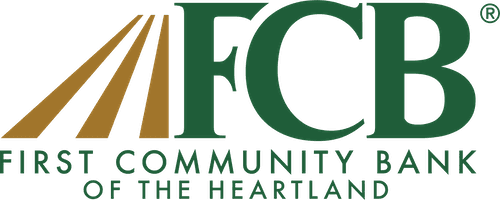Speech Therapy
Speech and swallowing difficulties, as well as drooling problems, occur when spasticity and weakness occurs in the bulbar (facial, jaw, throat and tongue) muscles.
Speech disorder (Dysarthria) can vary from mild to so severe that makes it difficult to speak and be understood. Problems include abnormally long pauses between words or individual syllables of words, slurring, or nasal speech, which sounds as if the person has a cold or nasal obstruction.
A Speech/Language Pathologist (SLP) can evaluate, determine how to maintain vocal control and help improve speech patterns, enunciation, breathing techniques and communication in general; as well as suggest compensatory skills to enhance communication. This is generally done through exercises to strengthen the jaw, lips and tongue to improve coordination during speech.
Working closely with a Speech/Language Pathologist, who is familiar with the latest trends in augmentative communication devices (computer voice activated devices) will benefit you. Medicare will cover partial or perhaps the full cost of augmentative devices, if recommended by a Speech Pathologist and proper documentation is presented.
Swallowing disorder (dyspahgia), may be characterized by:
-
Frequent respiratory problems or pneumonia
-
Coughing or choking while eating or drinking
-
Sudden weight loss
-
Poor secretion management or drooling
-
Pocketing food in the oral cavity with difficulty dislodging it
-
Globus, or feeling like something is stuck in your throat
Difficulty swallowing may cause people to choke while drinking liquids or eating foods with certain textures that are more difficult to swallow. Instead of going down the esophagus, food or liquids are inhaled into the windpipe.
A Speech Therapist or SPL will do an examination of the tongue and swallowing muscles to determine the exact malfunction. Sometimes a special imaging procedure called a Modified Barium Swallow is needed. This procedure, which is painless, is performed in conjunction with the Radiology department/SLP and is often described as an X-ray of the swallowing mechanism.
During this test, patients are asked to swallow a liquid called barium, then to eat contrast material of different consistencies-thin liquid, thick liquid, and solid. The barium acts as an illuminator so that during X-ray, areas of the swallowing mechanism can be highlighted to determine if they are functioning properly. The precise location and manner of a swallowing defect can then be identified.
Results of this test are reviewed by a Speech Pathologist and Radiologist and then forwarded to the patient’s physician.
Treatment typically consists of knowledge/changes in dietary types of foods and their consistencies, positioning of the head during swallowing, exercises, to include stimulation designed to improve swallowing.
Drooling is common for persons with spasticity in the bulbar muscles. The spasticity leads to poor coordination in moving saliva to the throat, resulting in saliva accumulating and spilling over. Consult your physician for treatment options.
Swallowing behavior therapy suggestions:
-
Take sips, or only as much liquid can be managed in one swallow
-
Pause before swallowing. Hold liquid in mouth, wait, then swallow
-
When taking pills, moisten mouth and throat first by drinking a little water. You need a good, strong swallow for pills. If taking three/four pills becomes too much, cut down on the number, or crush them, coat them with oil.
-
Before eating solid foods, wet the mouth and throat with water. Start each meal with a drink. Chew thoroughly, do not rush, and drink water periodically to wash down the solid food.
-
Manage your solid food by making sure it is moist: dip sandwich in liquid.
-
Cut down on dry bulky, dry items as too much bread.
-
Add mayonnaise, dressing, catsup, mustard to sandwiches/hotdogs/hamburgers
-
Eat open-faced sandwiches
-
Have a lemon wedge with water
-
When dining out, slowly eat, relax, chew thoroughly and bring your unfinished meal home
Editor’s Note: There is a submission by a couple of our community members on speech therapy and augmentative devices at Patient Forum – Speech.
Our Impact since our inception...
-
Dollars Raised
Over 11,000,000 dollars for research!
